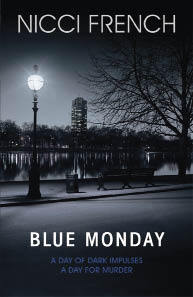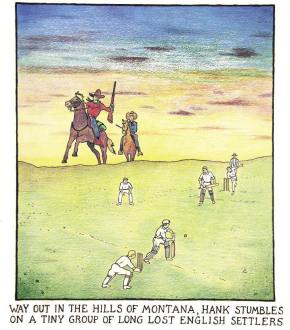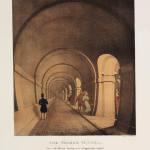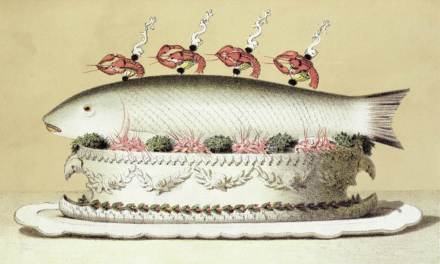A well-told lie
Autobiography provides a sound foundation for a work mainly of fiction. A voyage in an ocean liner provides a sound framework of time and place. Michael Ondaatje was born in Ceylon in 1943 and migrated to Canada at the age of 19. The Cat’s Table is an entirely believable, warmly empathetic novel about an 11-year-old boy’s journey, alone among 600 passengers in an Orient Line ship, from Colombo to London in 1954 by way of Aden, Port Said and Gibraltar. The boy’s first name is the same as the author’s, and the circumstances are depicted so realistically one feels as though the two Michaels’ points of view are identical. The









